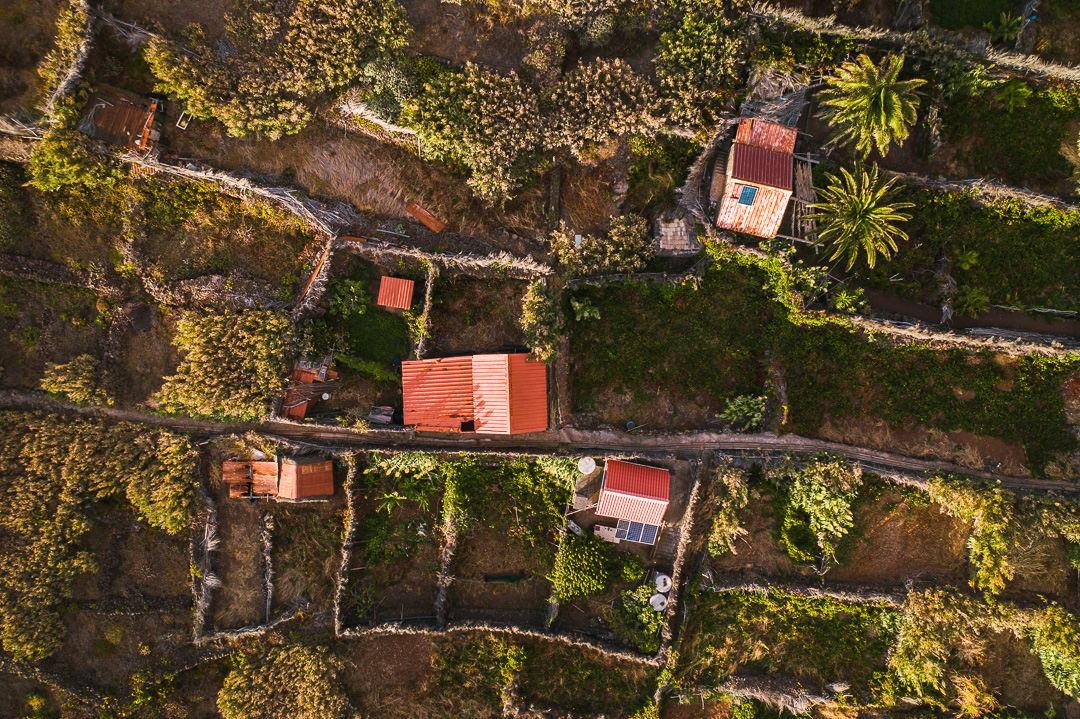Madeira, as part of Portugal, uses the Euro as its official currency, which is denominated into seven different banknotes: €5, €10, €20, €50, €100, €200, and €500. Each denomination is distinctive in size and color, with the size increasing with value. They feature images of symbolic architectural styles throughout European history and portray seven different bridges, symbolizing the connection between European nations and between Europe and the rest of the world.
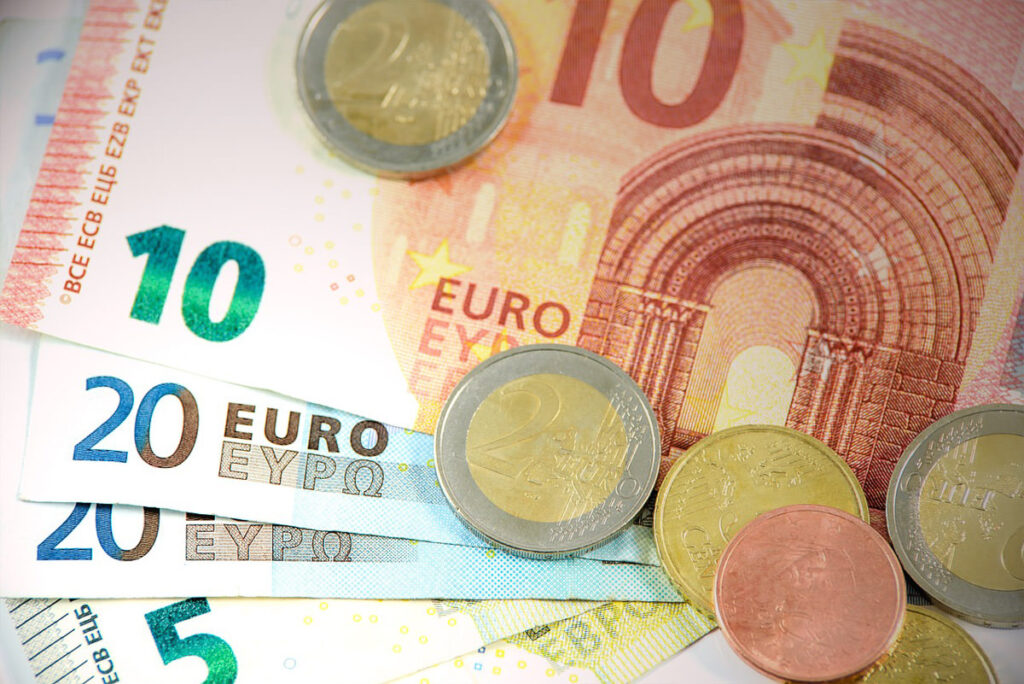
History of Currency in Madeira
Madeira, an autonomous region of Portugal nestled within the Atlantic Ocean, has a unique monetary history. Originally, the region operated with local currencies based on a barter economy, involving commodities like sugar and wine, until the 15th century. However, with Portugal’s expansion and colonization, the Portuguese currency became the standard medium of exchange.
The notes were redesigned in 2013 under the “Europa series”, incorporating new security features and a revised design, including the portrait of Europa – a figure from Greek mythology – in the hologram and watermark.
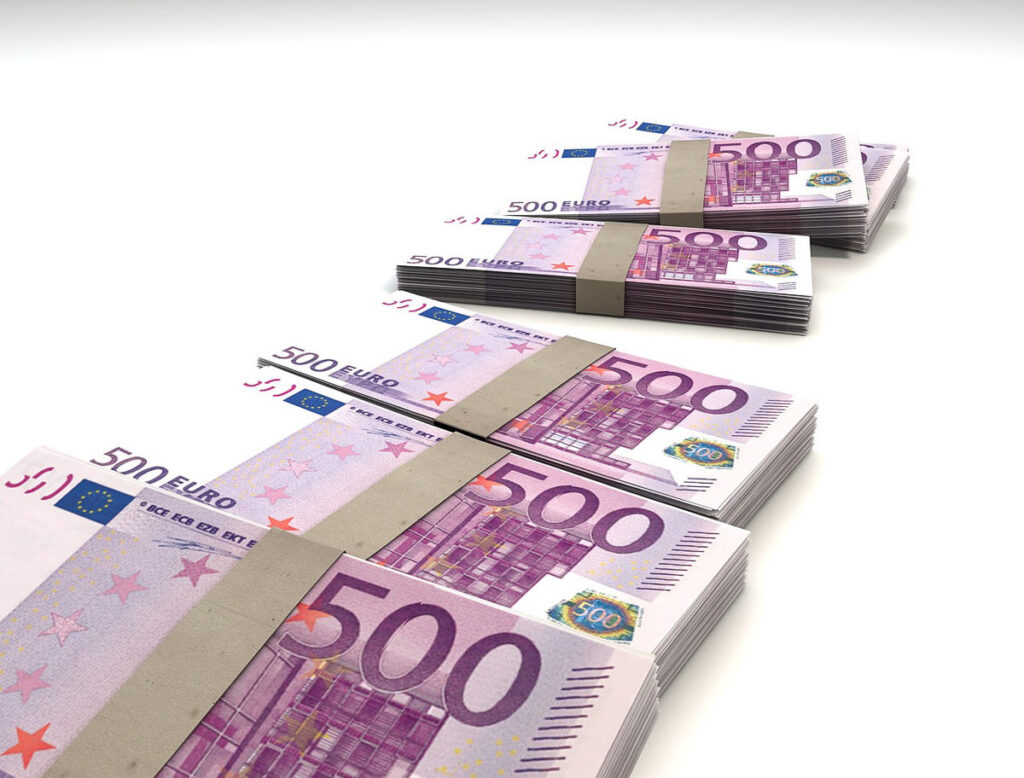
Interestingly, although Portugal, including Madeira, adopted the Euro in 2002, Portuguese coins depict different national symbols, providing a unique, localized touch to this shared currency. The €1 and €2 coins, for example, show royal seals within a design of seven castles and five escutcheons, while the lower denominations feature famous Portuguese royal seals and historic figures.
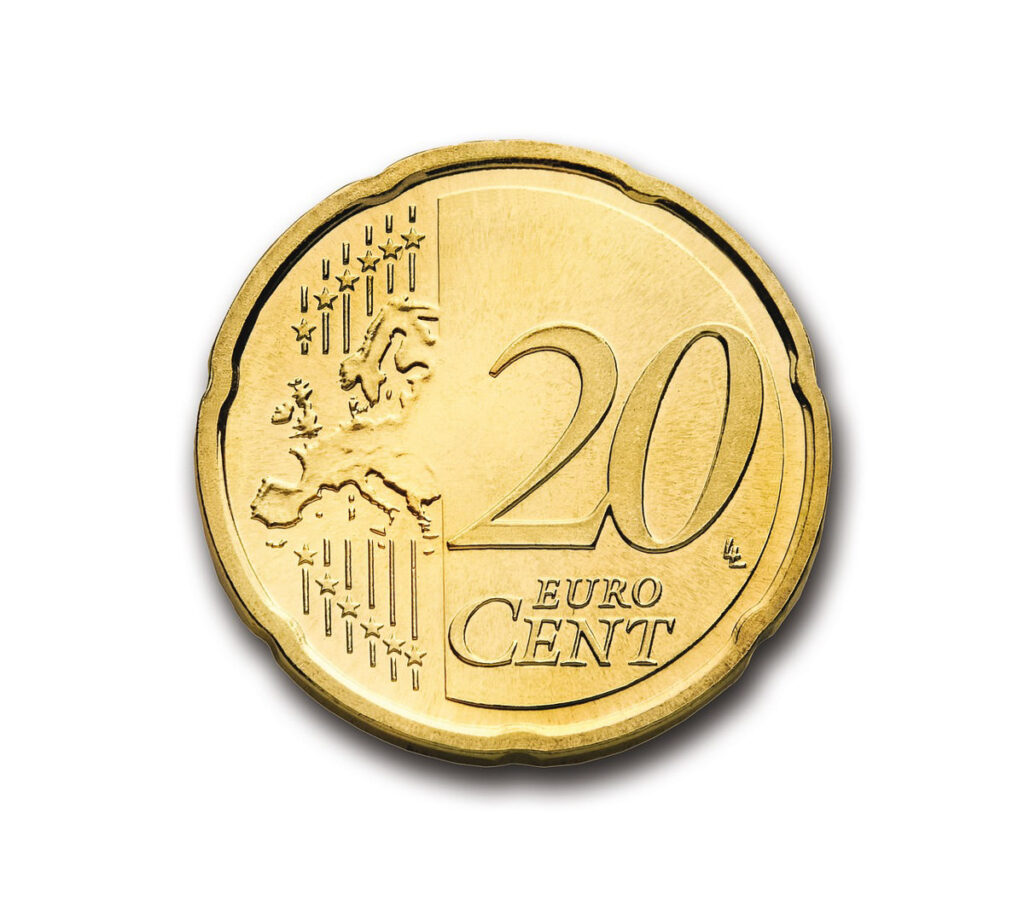
Average Price of Everyday Items in Madeira
As of 2023, here are some average prices for everyday items in Madeira. Please note these are approximate values and actual prices can vary:
- Loaf of Fresh White Bread (500g): €1.20 – €1.50
- Local Cheese (1kg): €7 – €10
- Chicken Fillets (1kg): €7 – €9
- Apples (1kg): €1.50 – €2.00
- Bananas (1kg): €0.80 – €1.20
- Tomatoes (1kg): €1.20 – €2.00
- Potatoes (1kg): €0.70 – €1.20
- Bottle of Water (1.5L): €0.50 – €0.70
- Domestic Beer (0.5L): €1.00 – €1.50
- Imported Beer (0.33L): €1.50 – €2.00
- Pack of Cigarettes (Marlboro): €5.00 – €6.00
- Meal at an Inexpensive Restaurant: €7 – €10
- Three-Course Meal for 2 at a Mid-Range Restaurant: €30 – €50
- Cappuccino: €1.20 – €2.00
- One-way Ticket (Local Transport): €1.50 – €2.00
- Gasoline (1L): €1.60 – €1.80
- Cinema, International Release, One Seat: €6 – €8
Again, these are averages and actual prices may vary from place to place within Madeira. It’s always a good idea to budget a little extra for unexpected costs.

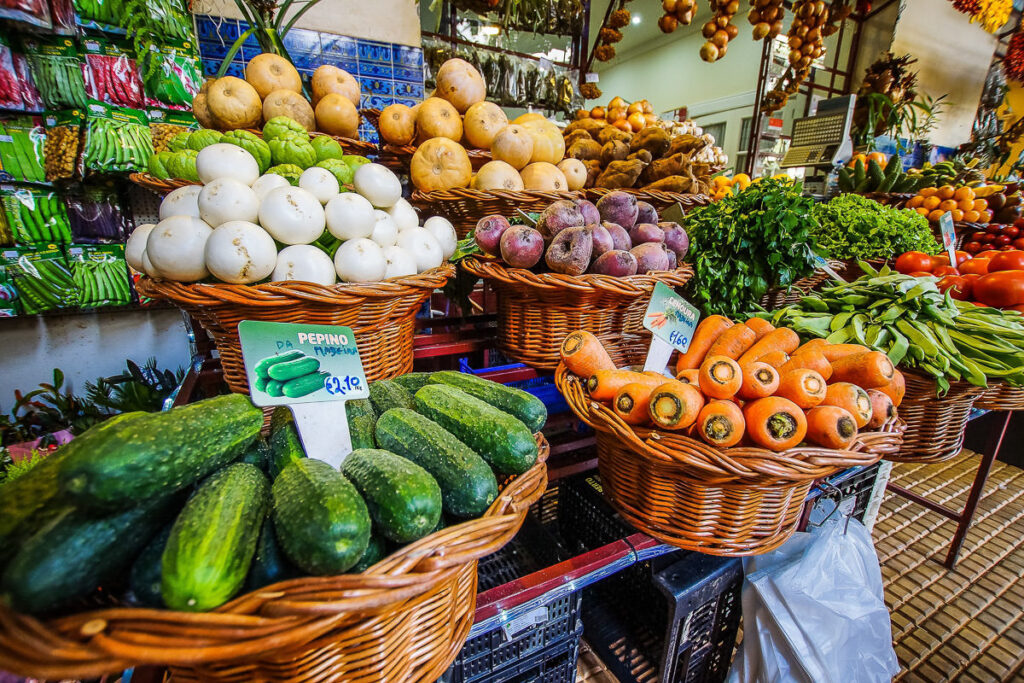
Average Price for Tourists in Madeira
Tourists can expect to encounter a variety of expenses when visiting Madeira. Here are some approximate costs as of May 2023, though prices can vary depending on the season, location, and individual providers:
- Budget Hotel Room (per night): €40 – €60
- Mid-Range Hotel Room (per night): €60 – €120
- Luxury Hotel Room (per night): €120 – €250+
- Budget Meal at a Local Restaurant: €7 – €10
- Mid-Range Restaurant Meal: €15 – €30
- High-End Restaurant Meal: €30 – €50+
- Street Food or Snack: €2 – €5
- Local Beer (0.5L) at a Restaurant: €2 – €4
- Imported Beer (0.33L) at a Restaurant: €2 – €4
- Glass of Wine at a Restaurant: €3 – €5
- Coffee at a Cafe: €1.20 – €2.00
- Levada Walk Guided Tour: €20 – €40
- Dolphin and Whale Watching Boat Tour: €50 – €75
- Visit to the Botanical Gardens: €5 – €10
- Taxi Ride within Funchal city center (base fare plus per km): €4 base fare + €1 per km
- Public Bus Ticket: €1.50 – €3.00
- Car Rental (per day): €25 – €60
- Hostel Bed (per night): €15 – €40
These are just some of the potential costs that you might encounter during your trip. Always remember to budget for extra activities, souvenirs, and any other incidentals that might arise.
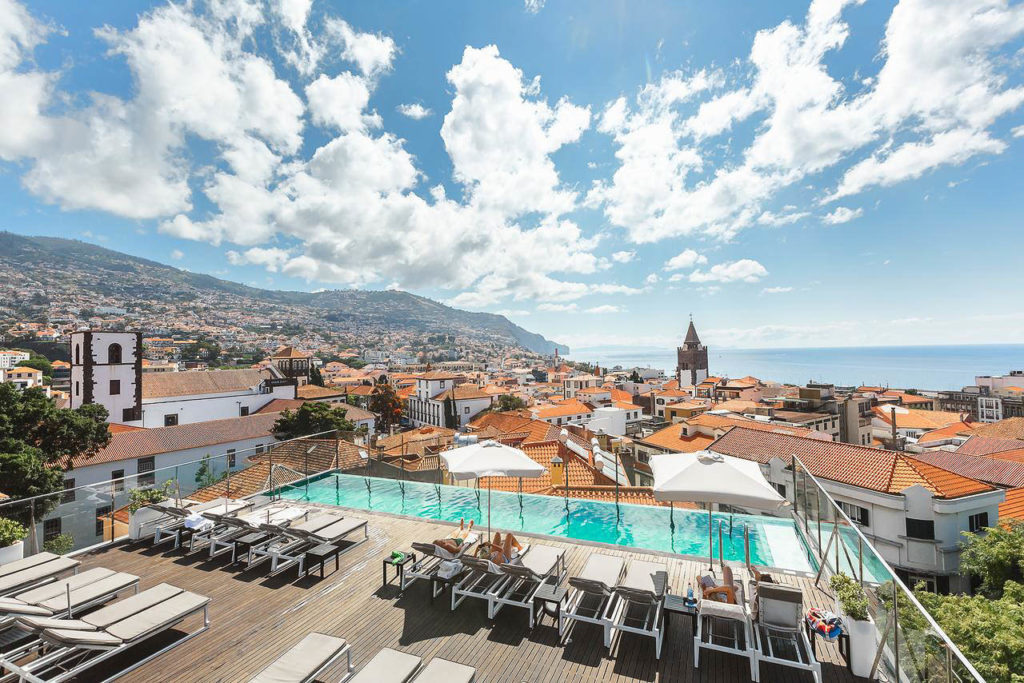
Do I Need Notes, Coins, or Cards?
Euro banknotes come in denominations of 5, 10, 20, 50, 100, 200, and 500, while coins come in denominations of 1, 2, 5, 10, 20, and 50 cents, and 1 and 2 Euro coins. Most transactions in shops, restaurants, and local markets can be conveniently handled with cash, particularly for smaller purchases.
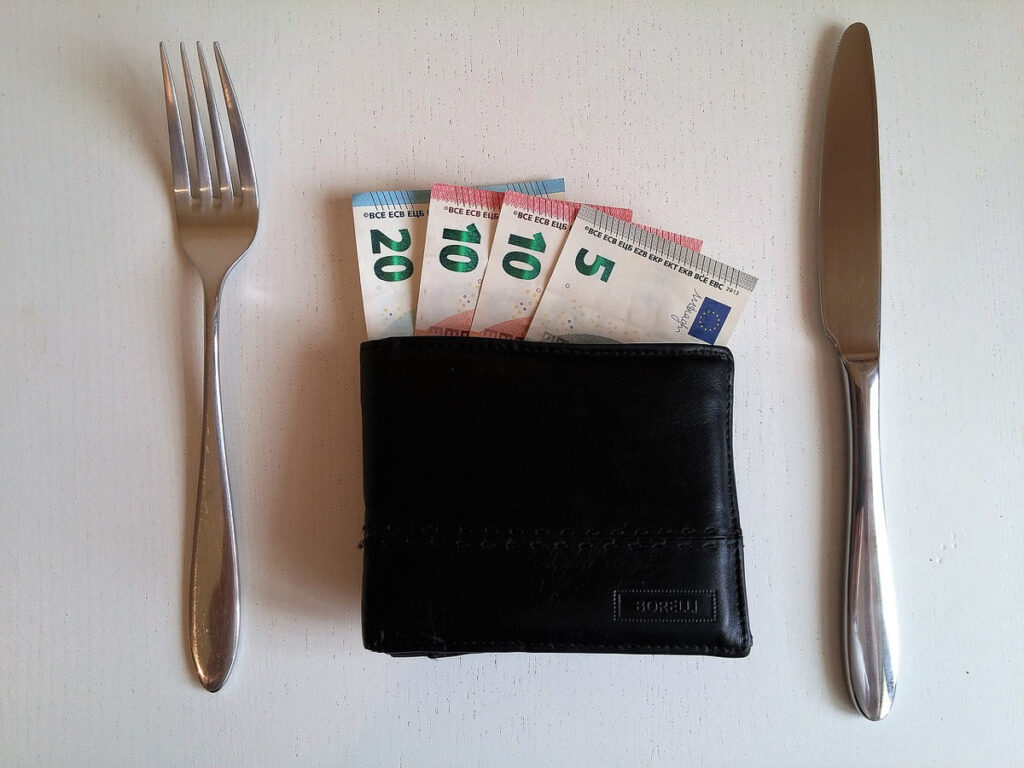
Cards
Credit and debit cards are widely accepted in Madeira, especially in hotels, larger restaurants, and stores. Visa and MasterCard are the most commonly accepted, but you’ll also find establishments that take American Express. However, if you’re visiting rural areas or smaller businesses, it’s a good idea to have some cash on hand, as card payment might not always be an option.
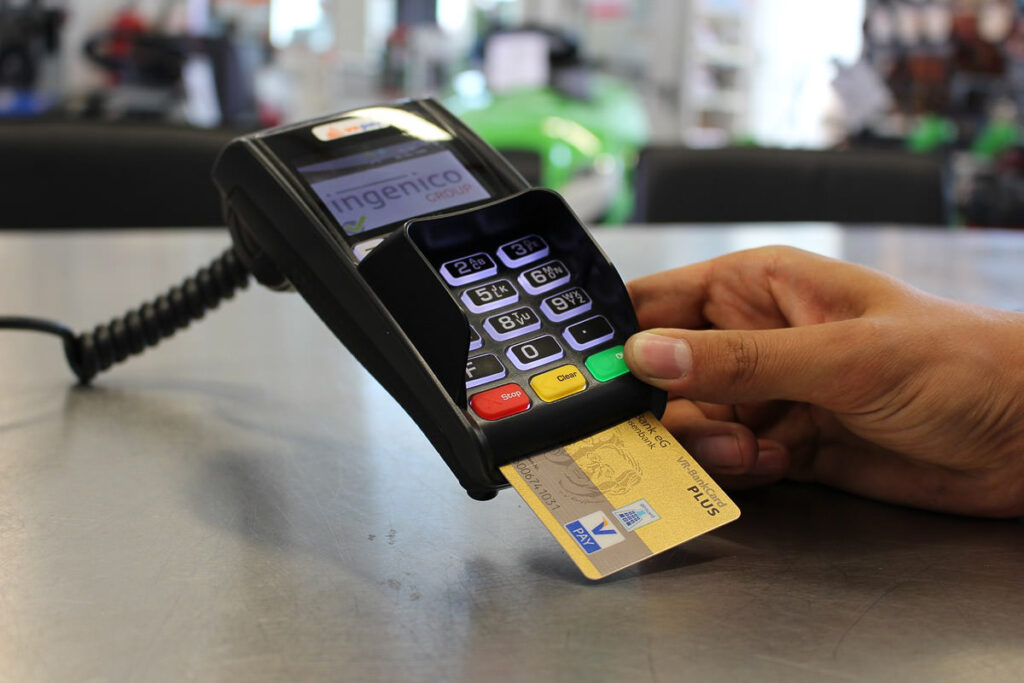
Cost of Living in Madeira
Despite being a tourist hotspot, Madeira boasts a relatively low cost of living compared to mainland Portugal and other Western European countries. Groceries, dining out, transportation, and entertainment are all fairly affordable. However, property prices have been on the rise due to increased interest from foreign buyers and digital nomads.
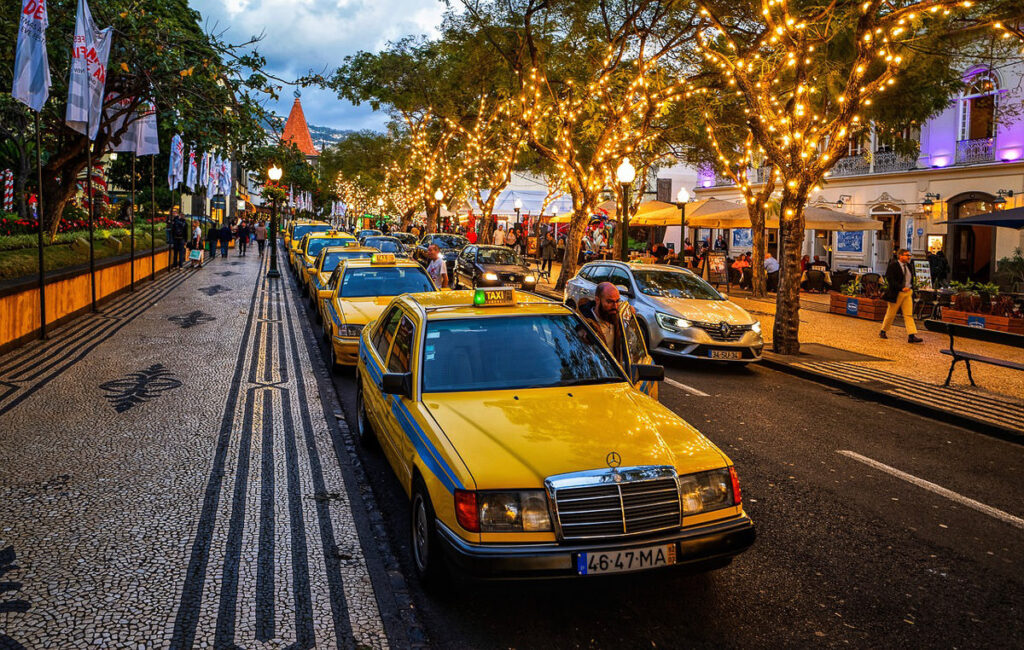
The Price of Visiting for Tourists
Accommodation prices in Madeira can vary depending on the location and season. Luxury hotels and villas might be quite expensive, while budget hotels, guesthouses, and Airbnb options are available for those looking to save. Dining, as mentioned, is relatively affordable, and so are public transportation and car rentals.
The price for attractions also varies. Many natural attractions, like the Levada walks and beaches, are free. However, tickets for botanical gardens, museums, and tours can range from €5 to €20.
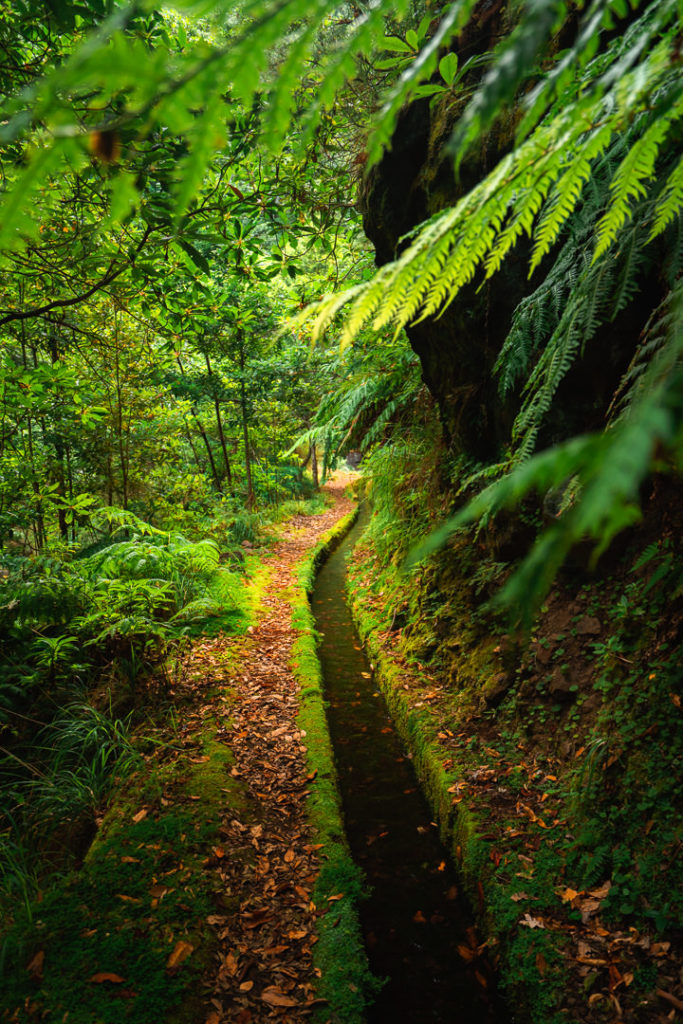
How to Convert Your Money When You’re There
There are numerous exchange bureaus and banks where you can convert your home currency into Euros. However, they may not offer the most favorable rates, and additional service fees might apply. The most convenient and cost-effective way to obtain Euros is often to withdraw from local ATMs (Multibanco), where you’ll usually receive a better exchange rate. It’s also worth checking if your home bank has partnerships with Portuguese banks to reduce withdrawal fees.
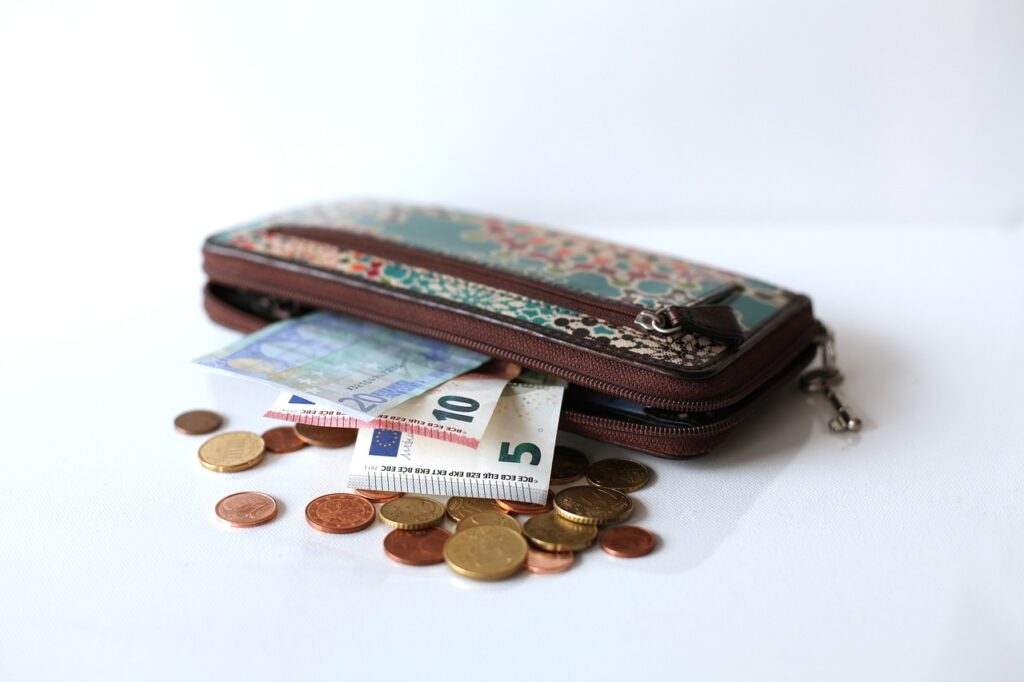
ATM Availability and Bank Opening Hours
ATMs, locally known as Multibanco, are widely available in Madeira. They can be found at banks, shopping centers, supermarkets, and even some larger hotels. They operate 24/7 and offer a variety of services, including cash withdrawal and balance inquiry.
As for bank branches, their opening hours generally are from 8:30 am to 3 pm, Monday through Friday. Banks are usually closed on weekends and public holidays.
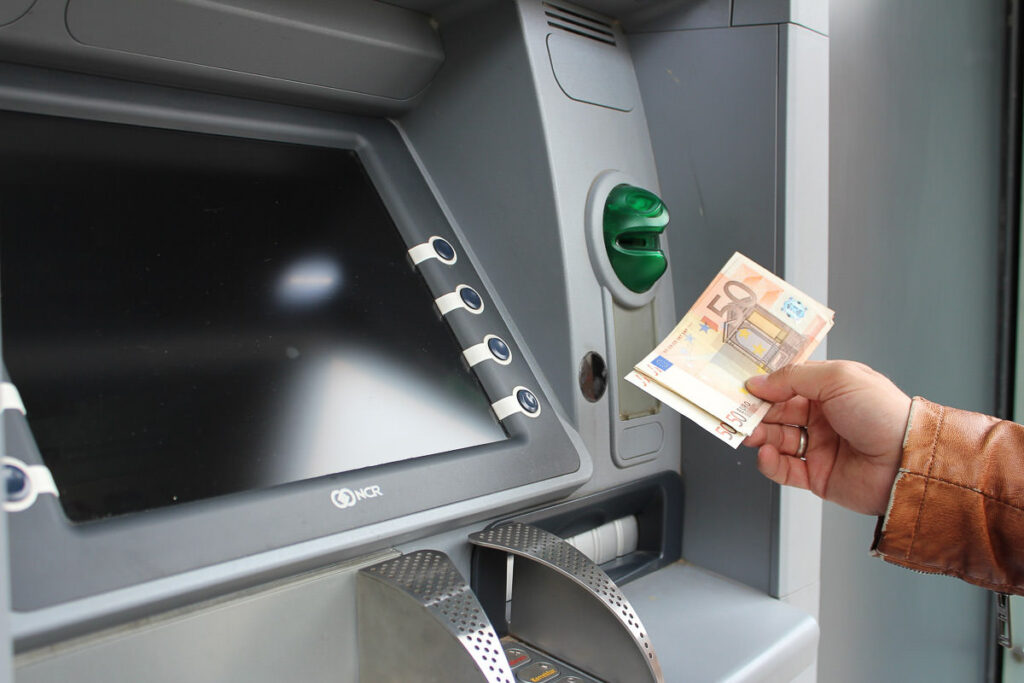
Other Valuable Information About Money in Madeira
Remember to notify your bank before traveling to ensure your cards won’t be blocked for suspicious activity. Also, keep track of your spending and stay aware of the current exchange rate. It’s a good idea to have a mix of payment options (cash, debit, credit cards) to ensure you’re prepared for any situation. Always keep some cash for emergencies and places where cards aren’t accepted.
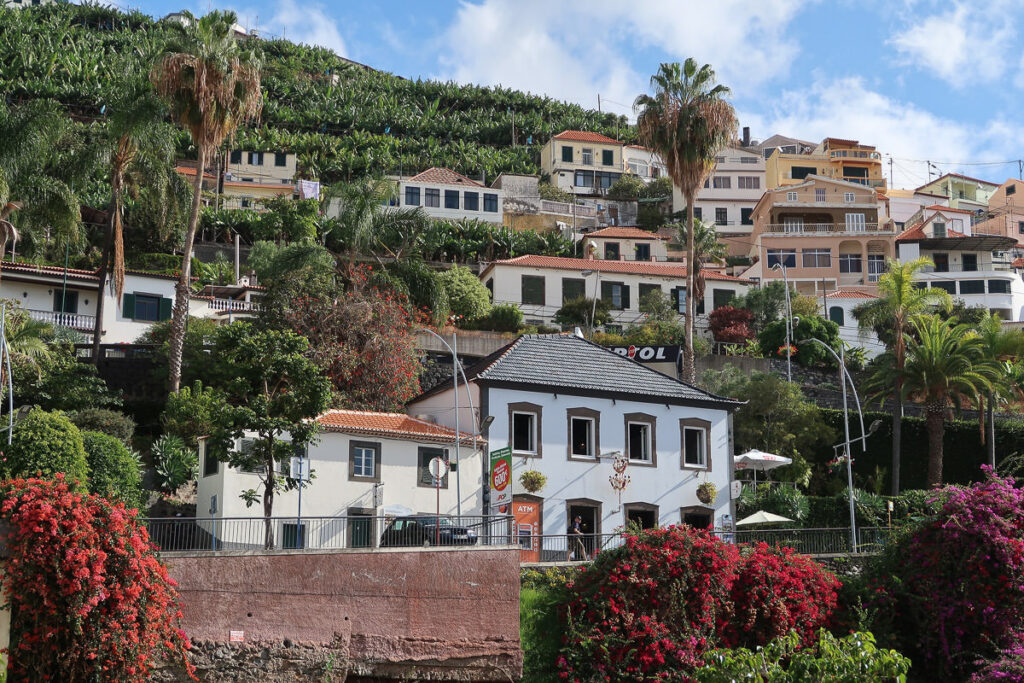
Foreign Transaction Fees
Check with your bank about foreign transaction fees. These are charges added onto transactions that are processed outside of the card’s country of issue. If your bank’s fees are high, it might be worth looking into getting a credit or debit card specifically designed for overseas use, with low or no foreign transaction fees.
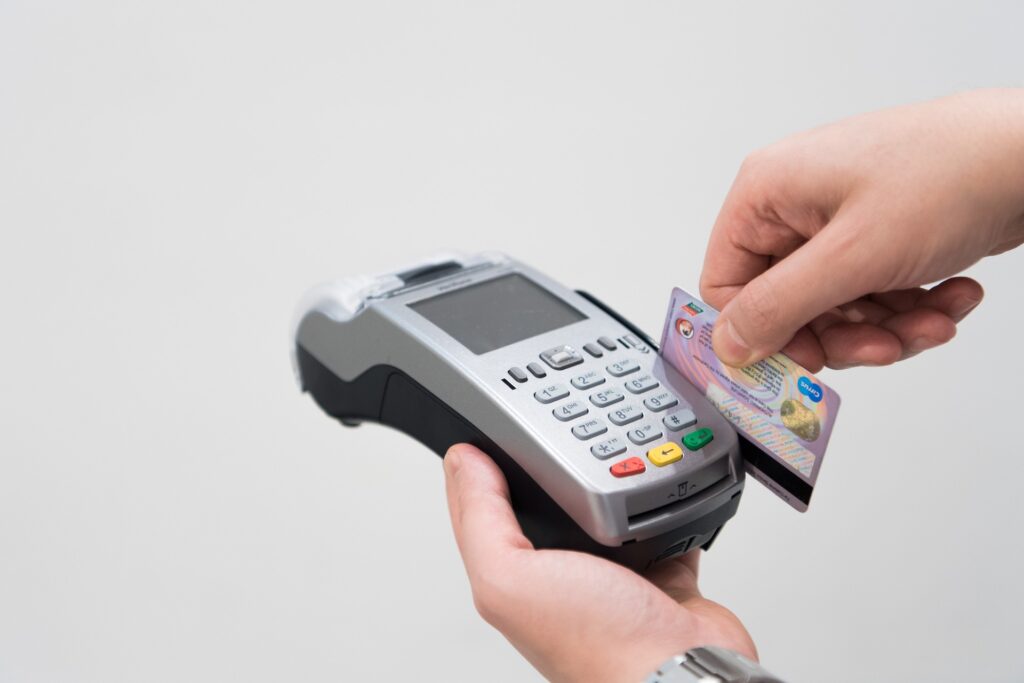
Mobile Payments
Mobile payment solutions like Apple Pay, Google Pay, and contactless payments are becoming more common in Madeira, especially in larger stores and restaurants. However, this isn’t universally true across the island, especially in more rural or remote areas, so always have a backup payment method.

Tipping Etiquette
Tipping isn’t mandatory in Madeira, but it is customary to leave a small gratuity for good service. In restaurants, a tip of around 10% is generally acceptable, while rounding up to the nearest Euro is common in taxis.
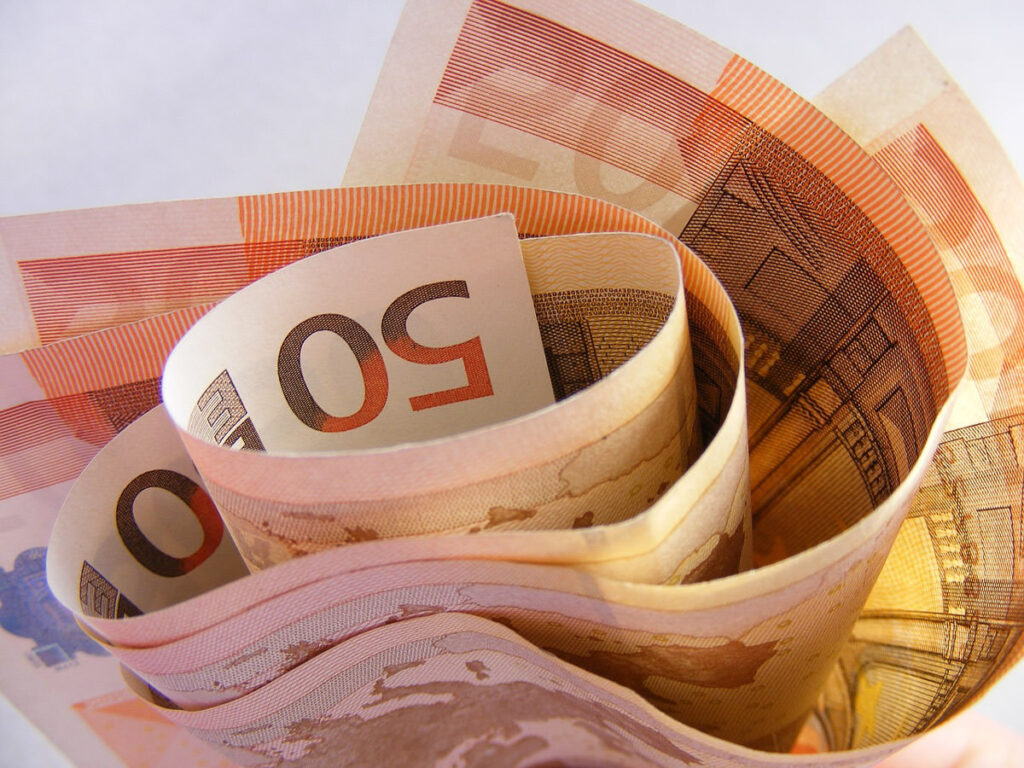
Value Added Tax (VAT) Refunds
Non-EU visitors can claim a VAT refund on purchases above a certain amount when they leave Portugal. Look for stores with “Tax Free Shopping” stickers, keep all receipts, and make sure to have the goods, receipts, and refund forms available for inspection when you leave the EU.
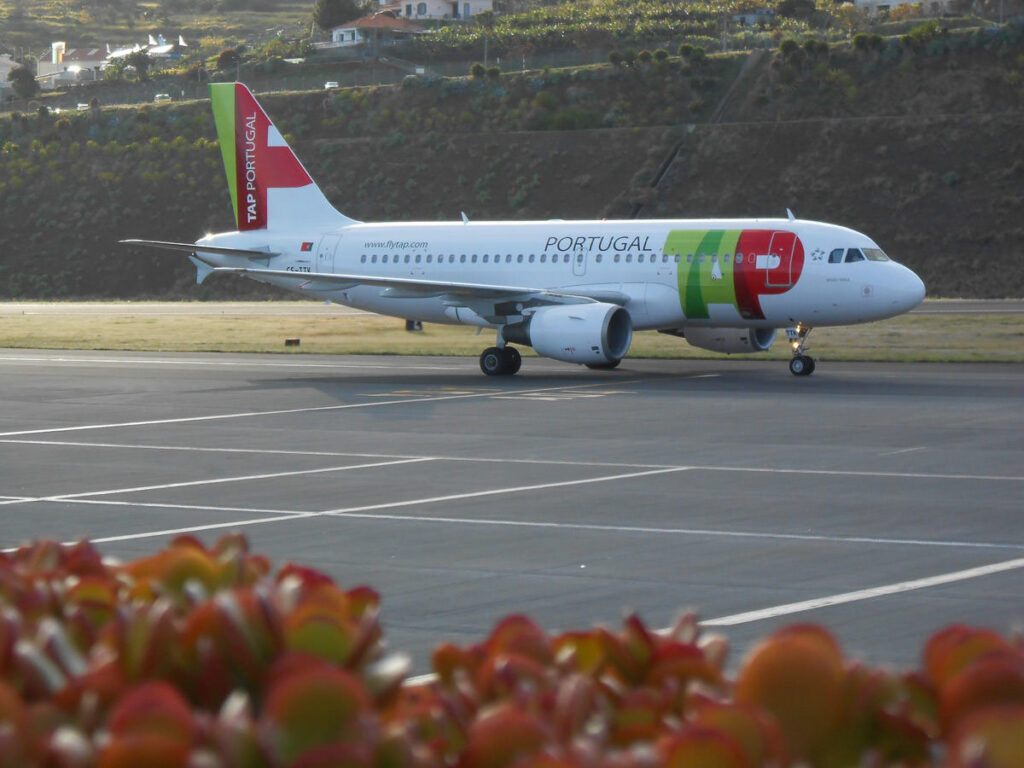
Currency Restrictions
There are no restrictions on the import or export of local or foreign currency into or out of Madeira. However, amounts exceeding €10,000 or equivalent must be declared when entering or leaving the EU.
Conclusion
Overall, navigating the monetary landscape in Madeira should be quite straightforward for most travelers. The region’s adoption of the Euro, widespread acceptance of cards, and ample availability of ATMs make it relatively easy to access and use money during your stay. As always, preparation is key, so knowing about the cost of living, typical tourist expenses, and the ins and outs of using cash, cards, and ATMs will help you make the most of your visit. Happy travels!


